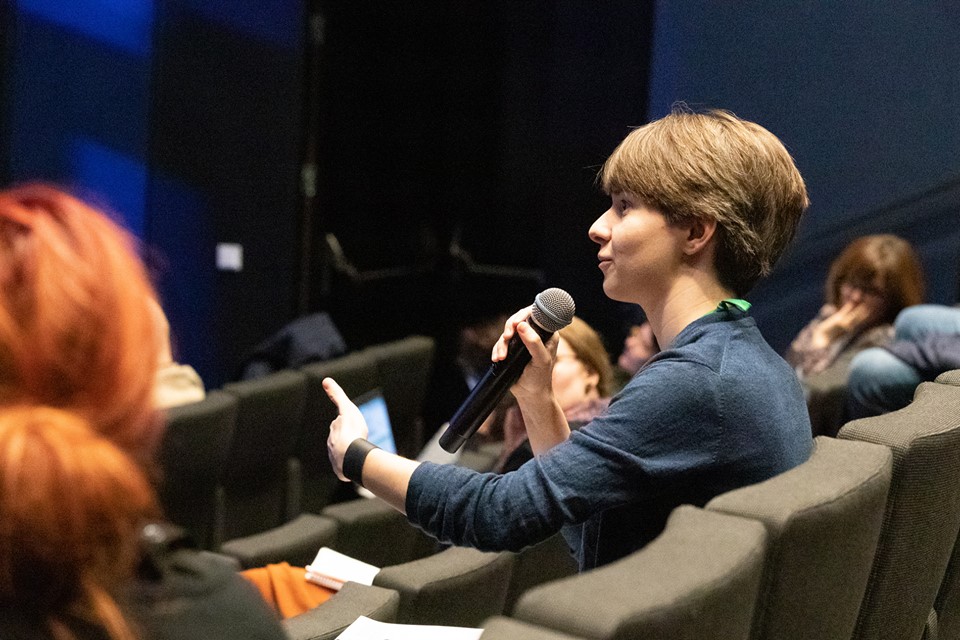Alisa Maximova has participated in a conference in Estonia

Alisa Maximova presented a paper "Small-town local history museums in Russia: participation, agency, and survival". See the abstract below:
The study is based on annual short ethnographic fieldwork trips to Russian small towns in 2013-2018. Dwelling on in-depth interviews with museum professionals, amateur local historians, cultural managers, and activists, I analyse how memory is constructed within museums of local history. I focus on museum workers’ and local community members’ perception of what museums are capable of and what challenges they face. On the one hand, in many historical towns museums are almost the only thing to become the new town-forming enterprise, after most factories and communal farms shut down in post-soviet years. Developing tourism based on cultural heritage today is a chance to make a living. On the other hand, founded in soviet times, a system of local history museums in Russia is closely connected to the state memory politics, and today it is fundamentally dependent on state funding. Local history museums inherited old soviet exhibitions, and it often is quite difficult to update museum space, collections, and exhibition contents. Consequently, for many institutions their work is a question of survival (maintenance of buildings and collection, paying staff, etc.). They hardly feel that they are able to either change or bring about change, as far as the state does not help them. In the paper I elaborate these discourses of lacking agency. However, some cases demonstrate how particular people and museums regain agency and attempt to overcome challenges by turning from national “grand” narratives to local history, navigating funding sources, collaborating with independent activists and other institutions to build community-oriented projects. Small-town scale makes this possible, largely because institutional boundaries are blurred, and people can participate in activities of museum, local newspaper, town administration, or cultural center while not having official status of a professional or being employed. Whether a memory project becomes successful – in terms of being truly collective/participatory – depends on its content, form, and its initiator.
Conference programme